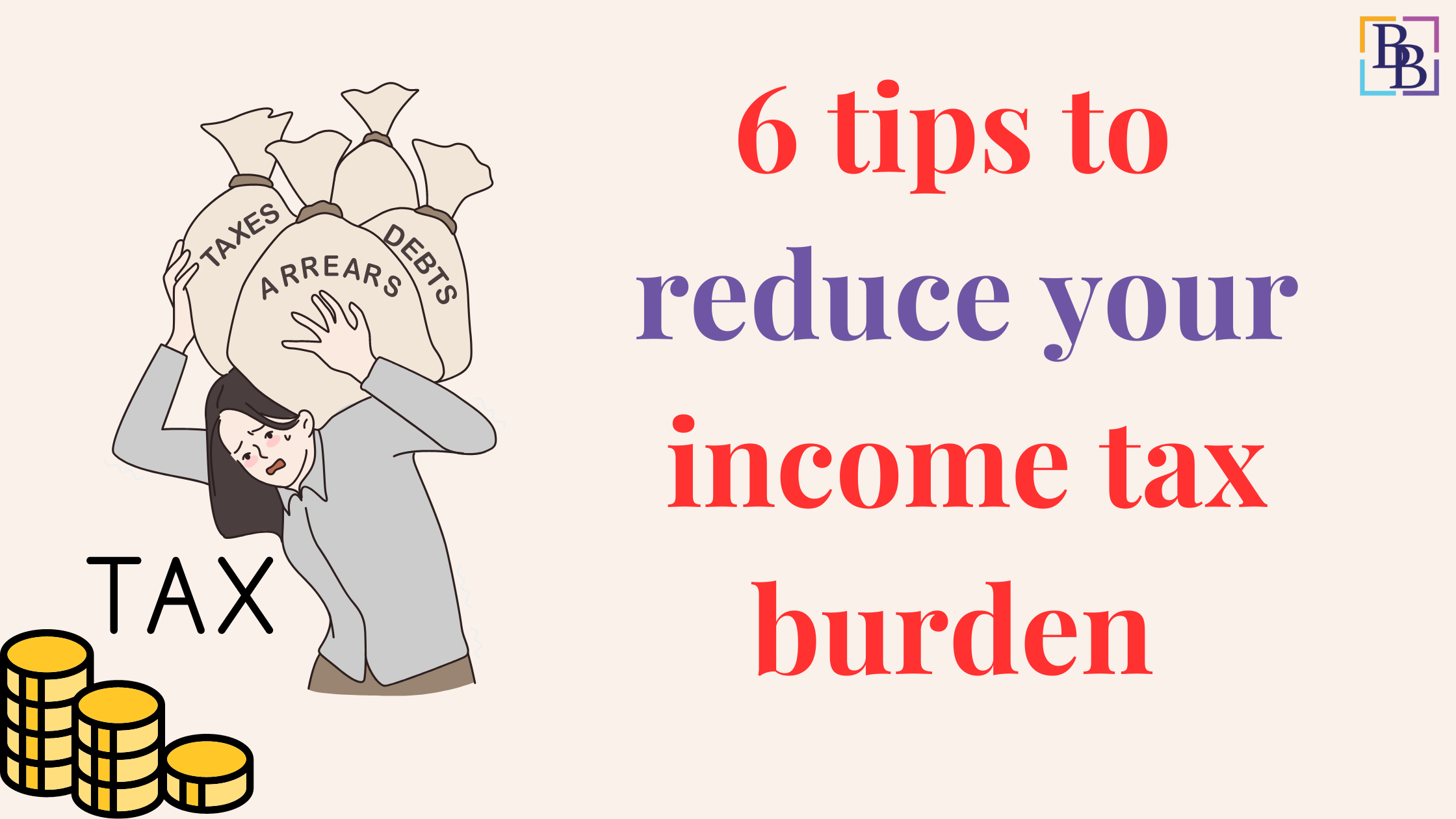Tax planning is an important component of personal finance since it may help you lower your tax bill while also increasing your savings.
According to a recent poll, 70% of Indian taxpayers submit their income tax returns (ITR) but do not prepare, resulting in a tax loss of up to Rs 40,000.
So here are six tips that can help reduce your tax burden:
Table of Contents
1. Provide proof of investment
Ensure you submit your investment proof to the employer before the deadline so that the employer deducts the correct amount of TDS.
-
Keep your documents ready
To prevent any complications, make sure you have a record of documentation for your investments, such as PF account statements, passbooks, copies of insurance policies, pension plans, bank accounts, and so on, available before you file your ITR.
-
Investment in tax-saving strategies
Certain exemptions and deductions established by the Income Tax Department assist in lowering your taxable income and saving taxes. If you haven't already done so, consider doing so before the deadline.
Section 80C is a common deduction that most taxpayers can benefit from. It serves the dual purposes of meeting financial goals and saving taxes (taxable income can be reduced up to Rs. 1.5 lakh). Some popular investment options are EPF, PPF, FD, ELSS, etc. Other than Section 80C, there are more tax-saving options, like Section 80CCD (1B), Section 80D, Section 24B, etc, investing under these sections can also help you maximize your tax savings.
-
Make charity donations
Donations to charities benefit you in two ways: they are both a moral act and a means to decrease your income tax. Individuals, corporations, and HUFs can claim 100% or 50% charitable deductions, based on the donations listed in Section 80G of the Income Tax Act.
-
Submit your rent receipts
If you pay rent for a house or flat and receive HRA from your company, you may be able to claim an exemption for the rent. This HRA exemption is calculated based on certain requirements mentioned in income tax regulations. You must provide rent receipts to your employer before the deadline to claim this exemption. In addition, if there is no HRA component in the pay, a person can claim a deduction under section 80GG for the rent paid during the year.
-
Claim deductions for medical expenses
If you spent any medical expenditures for the health of senior people (aged 60 and above) during the fiscal year, you can deduct them under Section 80D of the Income Tax Act. This deduction is available for medical insurance premiums paid for yourself and your dependents. An individual can also claim up to Rs. 5000 in cash for preventative health examinations.
You may also refer to different tax filing firms and their tax optimizer tools, which will advise you from the beginning and help you optimize your tax savings.
